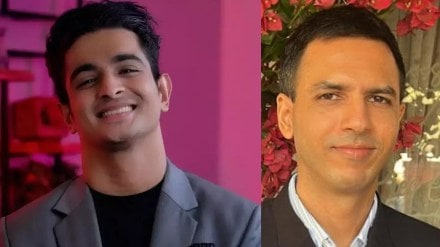Lawyer Abhinav Chandrachud is representing YouTuber Ranveer Allahbadia in the India’s Got Latent controversy, where Allahbadia faces charges of making abusive comments in a recent episode. Chandrachud has filed a plea in the Supreme Court seeking to quash multiple FIRs lodged against Allahbadia and has requested an urgent hearing.
The Supreme Court has agreed to hear the matter within the next two to three days. A bench comprising Chief Justice Sanjiv Khanna and Justice Sanjay Kumar acknowledged Chandrachud’s submissions and assured that the plea would be listed shortly. Chandrachud sought an expedited hearing, citing Allahbadia’s summons by the Assam Police today.
Allahbadia is facing multiple charges related to alleged offensive remarks made during the web show India’s Got Latent. He has been booked under various sections, including Section 79 of the Bharatiya Nyaya Sanhita (BNS) 2023, for insulting a woman’s modesty through words, gestures, sounds, or objects. Additional charges include intrusion of a woman’s privacy.
Who Is Abhinav Chandrachud?
Abhinav Chandrachud, a practicing lawyer at the Bombay High Court, is the son of former Chief Justice of India, D.Y. Chandrachud. He holds a Doctor of the Science of Law (JSD) and a Master of the Science of Law (JSM) from Stanford Law School, where he was a Franklin Family Scholar.
According to his LinkedIn profile, Chandrachud graduated from Government Law College, Mumbai, in 2008 and later earned his Master of Laws (LLM) from Harvard Law School as a Dana Scholar. He previously worked as an associate attorney at Gibson, Dunn & Crutcher, a global law firm.
Chandrachud is also a published author. His works include Republic of Rhetoric: Free Speech and the Constitution of India (2017) and Supreme Whispers: Conversations with Judges of the Supreme Court of India 1980-1989 (2018). He has contributed opinion pieces to several Indian newspapers.
In his farewell speech, former Chief Justice of India DY Chandrachud recounted a personal anecdote about his sons, Abhinav and Chintan, both practicing lawyers. He shared that he once asked them to argue cases in the Supreme Court so he could see them more frequently. However, they declined, emphasising the importance of maintaining professional integrity while their father served as a judge.
